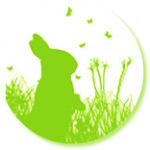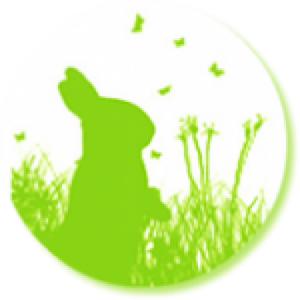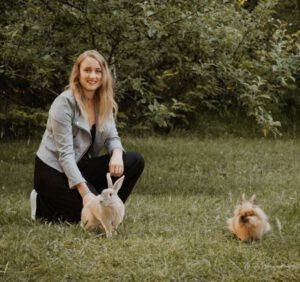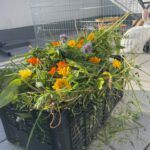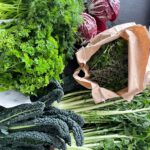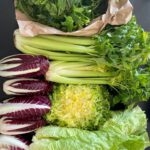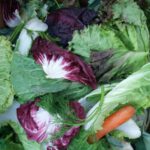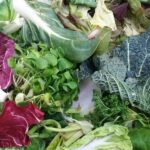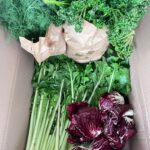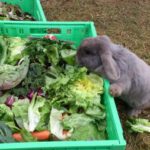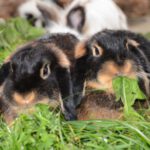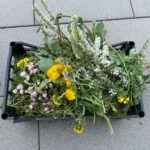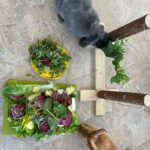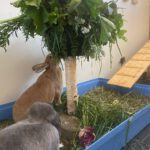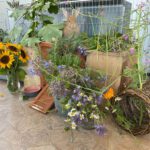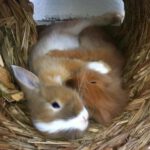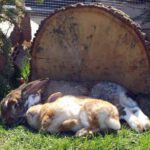Contents
Dandelion
It is very easy to find, and rabbits can eat the entire plant, from the flower to the leaves and stem.


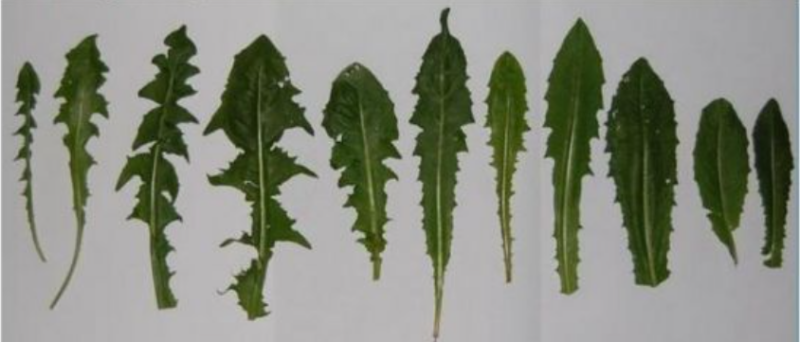
Daisy
Thanks to its white flowers, this plant is very easy to recognize.
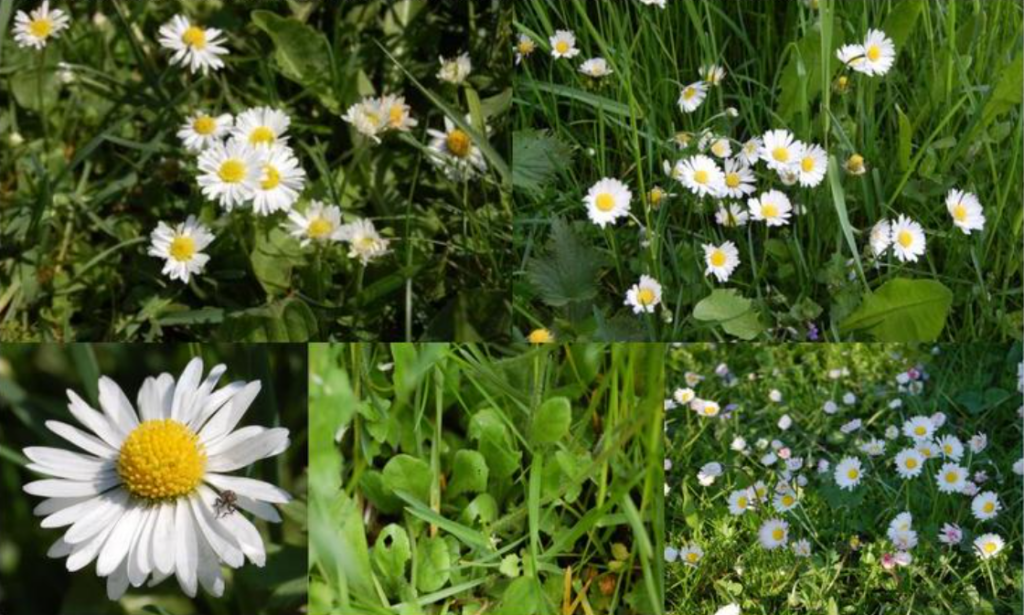
Plantago major
Its leaves never cross but always grow parallel to each other.
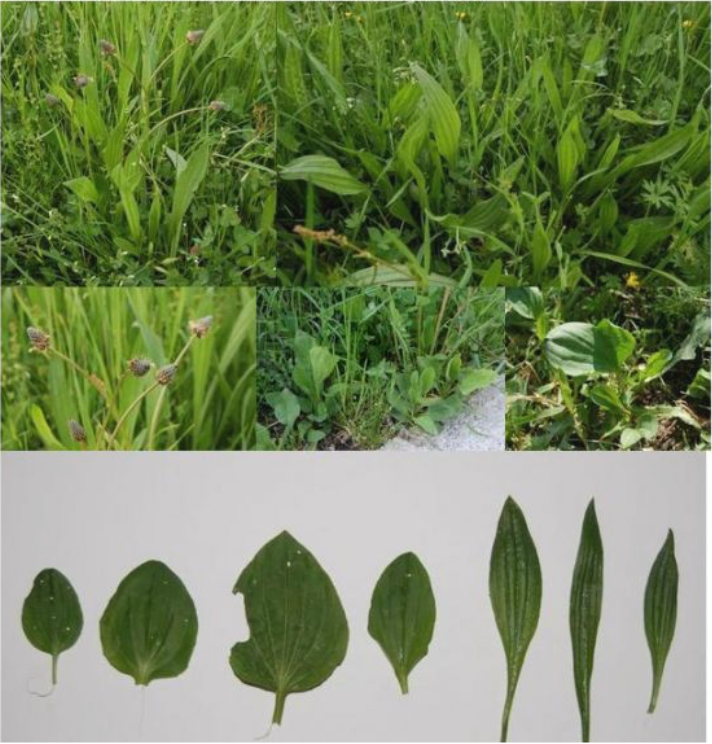
Clover
There are several types of clover, some with pink or white flowers. However, they all have one thing in common: their leaves, each consisting of three leaflets. This makes clover very easy to recognize. If it’s your rabbit’s first time eating clover, please start slowly with a small amount.
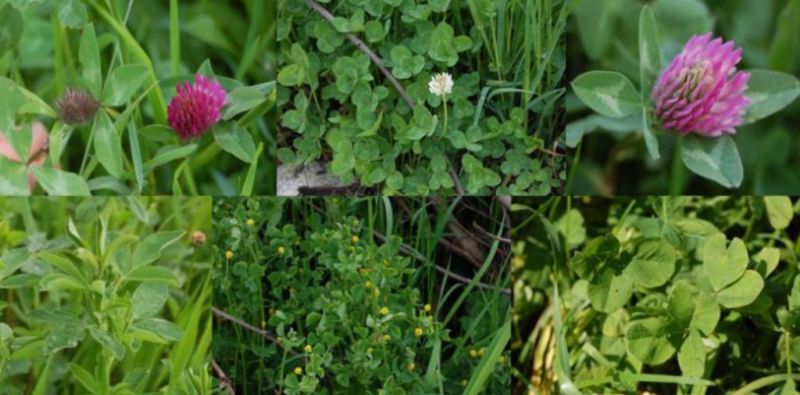
Yarrow
Its leaves are very fine and soft before it blooms.
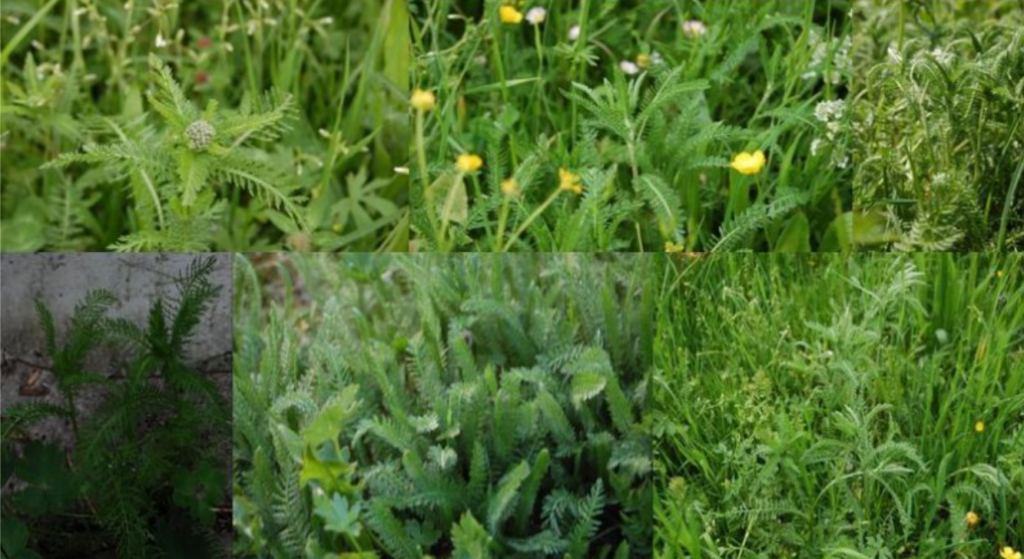
Heracleum sphondylium
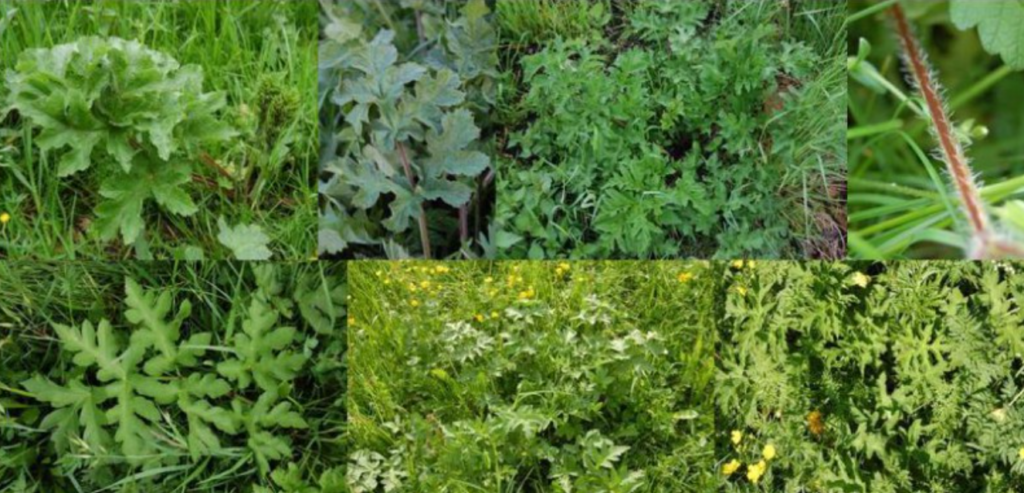
Rumex
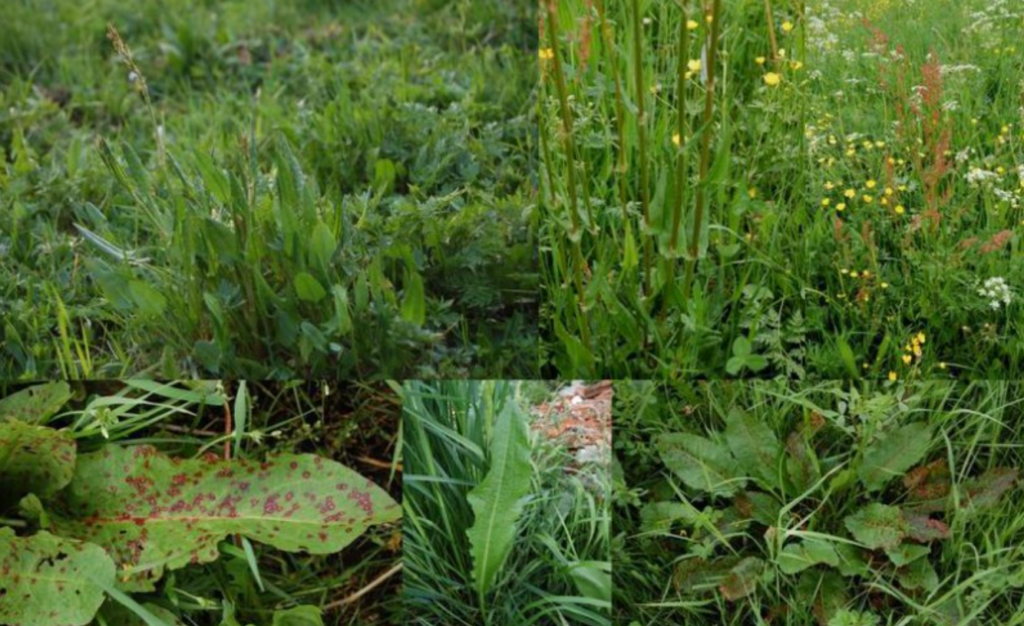
Nettle
This plant stings the skin when touched, making it easy to recognize. It is very good for rabbits, but let it rest for about 3 hours before giving it to them.

Aegopodium podagraria
The arrangement of the leaves and the stem’s triangular shape make it easy to recognize.
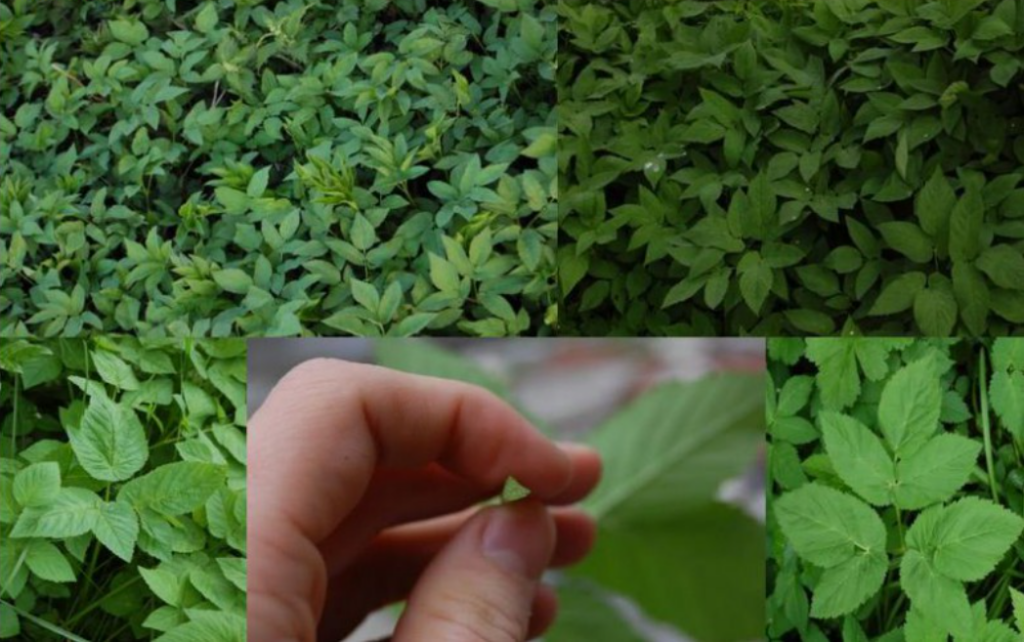
Lamium
Its flower makes this plant unique and very easy to recognize.
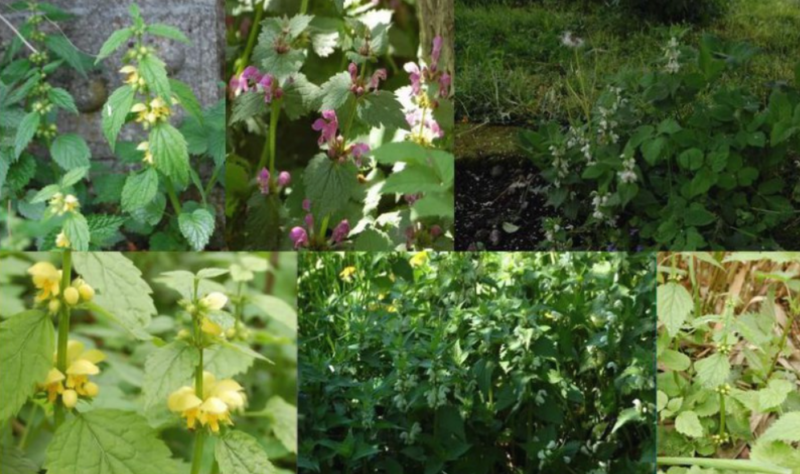
Thistle
Rabbits can eat its thorns without any problem.
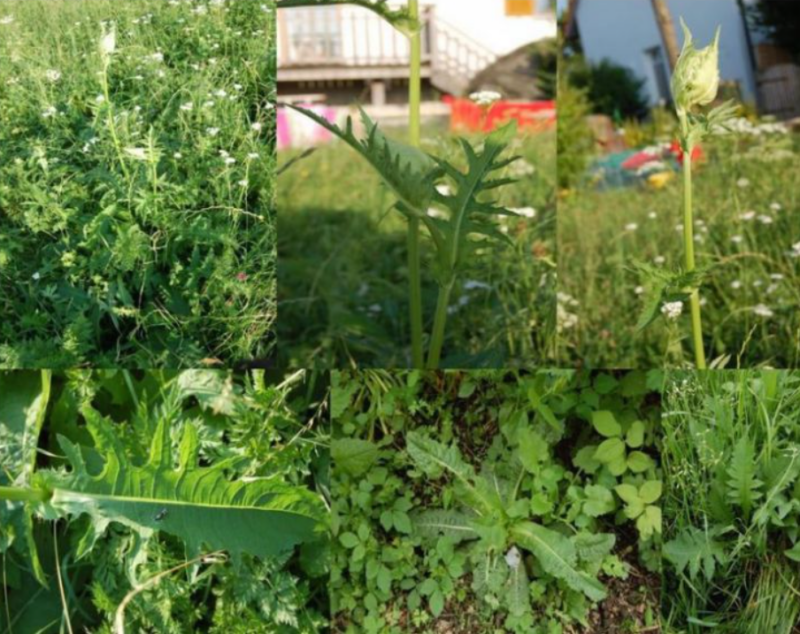
Brassica napus
This plant is commonly found in crops. If it’s your rabbit’s first time eating it, please start slowly.
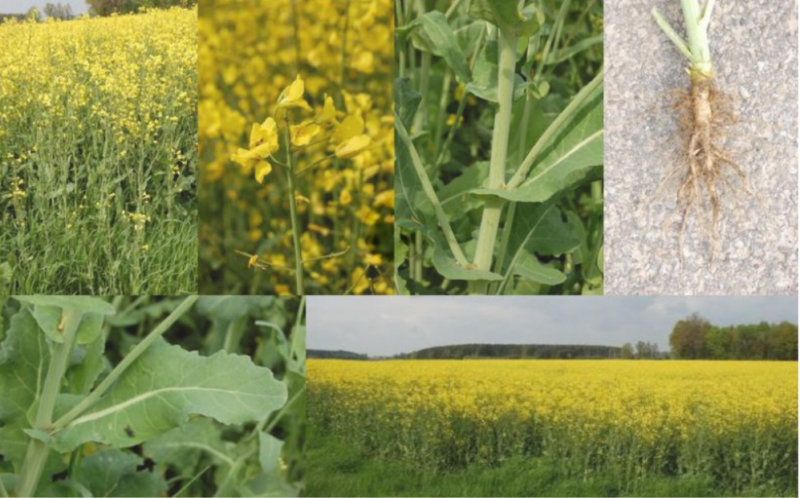
Alliaria petiolata
Commonly known as garlic mustard, this plant has a strong garlic-like smell and is easily recognizable by its heart-shaped leaves.

Capsella
Its shape and heart-shaped leaves make it easy to recognize.
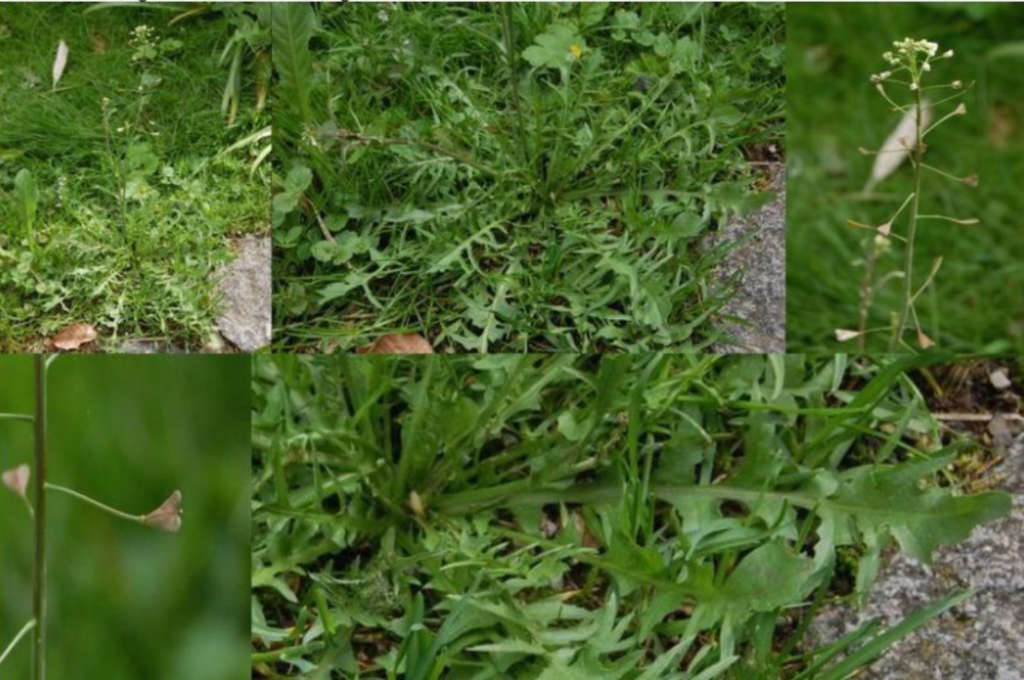
Galium
Its leaves are very narrow.

Please do not confuse this plant with Galium odoratum (the photo below), which should only be eaten in small quantities.

Vicia
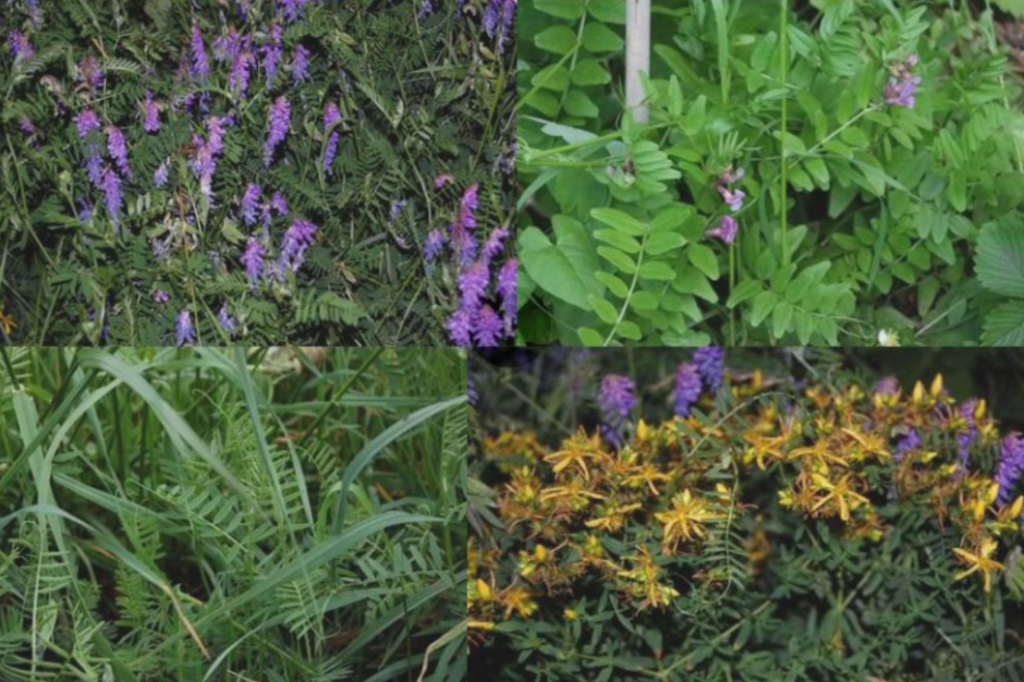
Stellaria media

Veronica
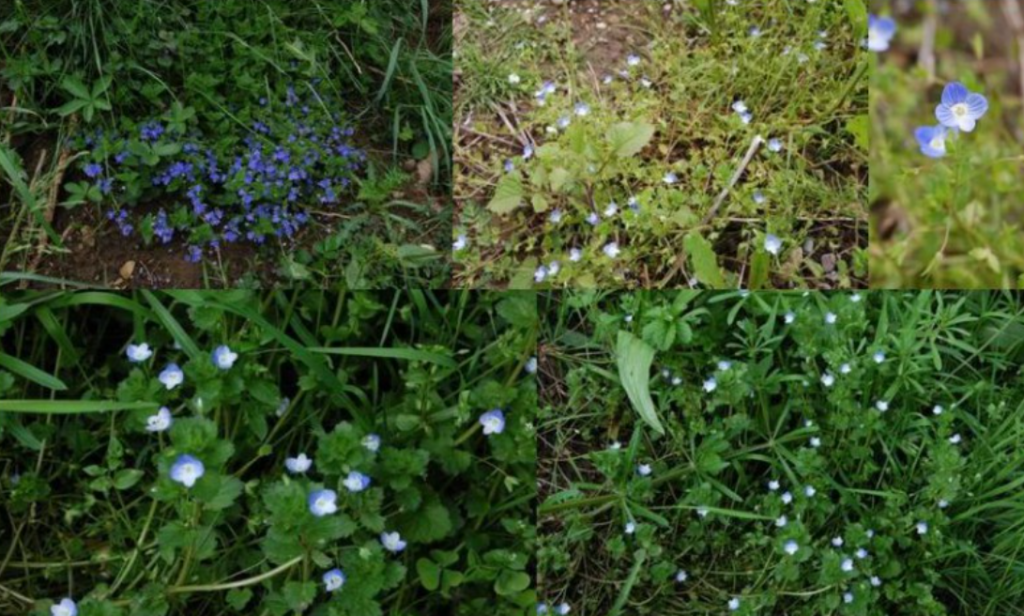
Argentina anserina

Geranium

Ranunculaceae
It is slightly poisonous, but if for any reason you collect this plant and your rabbits eat a little, it’s not a big deal. It’s not serious.

Galinsoga parviflora

Parthenocissus quinquefolia

